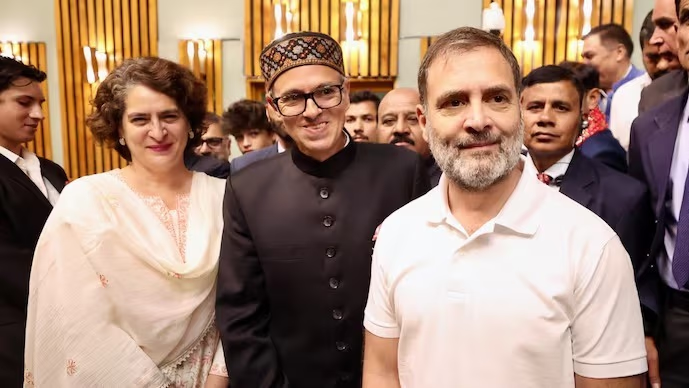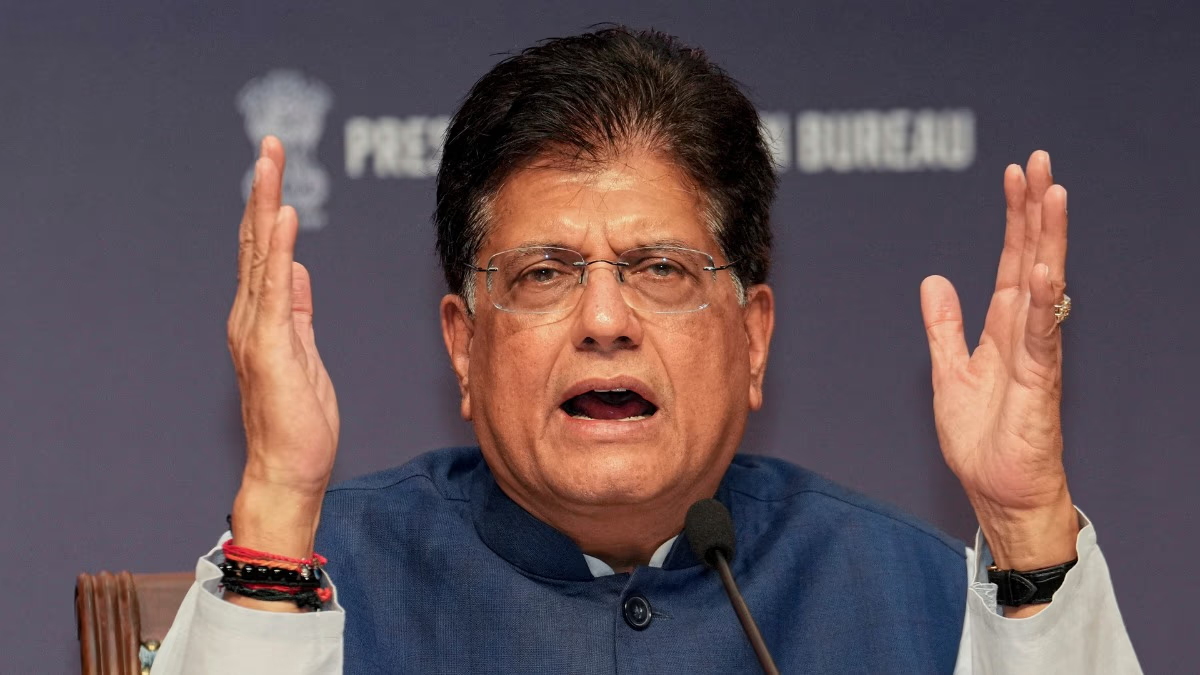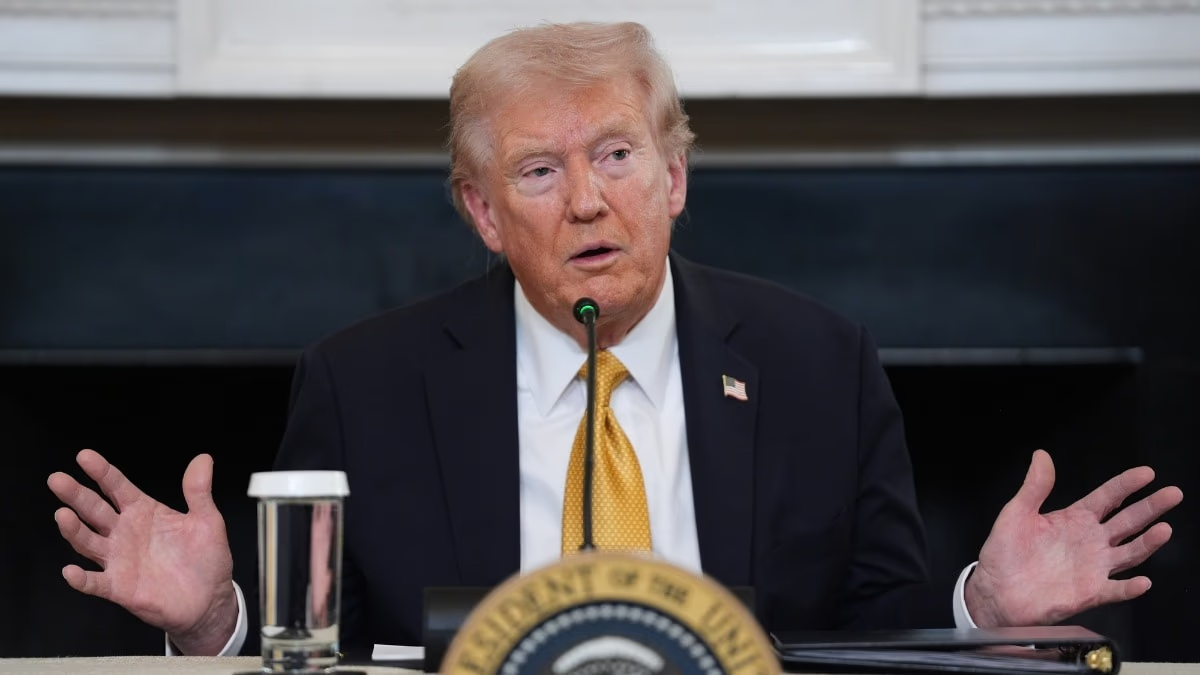In Jammu and Kashmir, the National Conference and Congress contested elections together. Although they have an alliance, Congress has no participation in Omar Abdullah's government. Congress was not included in Omar's cabinet, nor did the National Conference offer any stake in the Rajya Sabha elections. This raises questions about the kind of partnership Congress and the National Conference share in Jammu and Kashmir.
On Sunday, Tariq Hameed Karra, state president of Congress, announced that his party would not participate in the state’s Rajya Sabha elections for four seats, as the National Conference refused to offer them a seat. Karra stated that it was unanimously decided that Congress would not contest the Rajya Sabha elections.
Karra explained that Congress had demanded a single seat from the four Rajya Sabha seats, but the National Conference was not prepared to offer a safe seat. Instead, the National Conference offered Congress one of the two seats where joint voting was to take place. Hence, Congress decided it was not beneficial to contest and withdrew its candidacy.
The elections for four Rajya Sabha seats in Jammu and Kashmir are scheduled for October 24. The Election Commission has issued three notifications for these seats. According to the commission, voting will be separate for the first two seats, while joint voting will occur for the remaining two Rajya Sabha seats. Thus, there will be three separate elections (one, one, and joint voting for two seats) for the Rajya Sabha.
Congress wanted the National Conference to grant them a seat where a single-seat election was held, but the National Conference was willing to provide one of the two seats with joint elections. Consequently, talks between Congress and the National Conference broke down, and Congress withdrew from the elections.
Karra reiterated that, for Congress, the joint seat elections were not as safe as the single-seat elections. Hence, the unanimous decision was made that Congress would not field a candidate in the Rajya Sabha elections, leaving it up to their coalition partners.
The National Conference has already declared its three candidates for the Rajya Sabha elections, indicating they aim to utilize their strength in the assembly to ensure victory for all three candidates. The victory of all three National Conference candidates is guaranteed even without coalition support, though every anti-BJP vote is necessary for the coalition candidate to secure the fourth seat.
To secure victory for the fourth seat, three PDP legislators, along with one-member parties like the People's Conference, Awami Ittihad Party, and Aam Aadmi Party, would need to vote in favor of the ruling coalition's candidate. Karra expressed intention to keep lines open with the National Conference and discuss issues. While Congress is strategizing, Omar Abdullah's party's move to nominate three candidates for the seats diminishes Congress's chances significantly.
Initially, Congress and NC contested the assembly elections together, but the scenario changed after the results. Congress demanded two ministerial positions in Omar’s cabinet, while the National Conference was offering just one. As a result, Congress chose not to join the Omar government. Congress argued it would not participate until the central government granted full statehood to Jammu and Kashmir.
Meanwhile, Congress was aiming for a safe seat in the Rajya Sabha elections, but Omar Abdullah was unwilling to concede. This left Congress isolated within the alliance. Omar Abdullah, aware of the political dynamics, does not prioritize Congress as they currently lack political alternatives, which he exploits, leaving Congress politically vulnerable.
Observing Congress's political constraints, Omar Abdullah is in an advantageous position. Presently, in the 88-member Jammu and Kashmir assembly, the ruling National Conference holds 41 seats, falling just four short of an outright majority. Congress has six, with five independents and one CPI (M) lawmaker. Even if Congress breaks the alliance, Omar Abdullah can govern with support from independents and leftist legislators.
Moreover, BJP holds 28 seats. Besides, six legislators (from minor Kashmir parties and independents) lean neither towards BJP nor the National Conference alliance. This includes three PDP, one People's Conference, and two independents (Shabbir Kulle and Sheikh Khurshid). Moreover, Mehraj Malik from Aam Aadmi Party is also a legislator. Thus, Congress finds itself unable to maneuver its position effectively.




